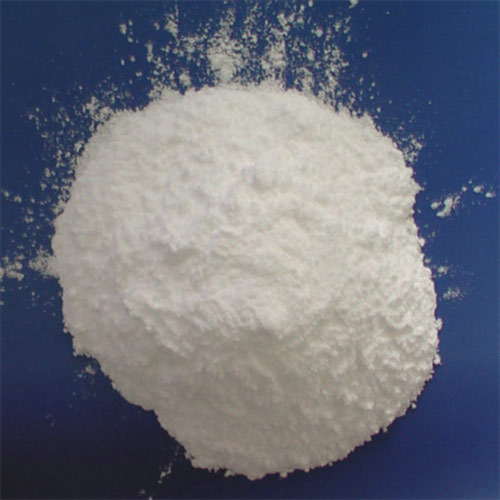Betaine Monohydrate is a white crystalline powder used as a food additive to improve the quality of meat and provide enhanced stability for micronutrients such as vitamins A and B. Though it’s considered safe, some are convinced it has potentially dangerous health effects.
What Is Betaine Monohydrate?
Betaine (Trimethylglycine) is an amino acid. It is found in quinoa, spinach, wheat bran, lamb, and beets. It is essential for the functions of brain chemistry, and it helps protect the body from dehydration.Betaine (Trimethylglycine) supplements are manufactured as a byproduct of sugar beet processing.
Possible Side Effects of Betaine Monohydrate
Betaine is generally considered a safe ingredient. The side effects may:
- Diarrhea
- nausea
- stomach upset
GRAS Affirmation: Yes
Generally recognized as safe (GRAS) is an American Food and Drug Administration (FDA) designation that a chemical or substance added to food is considered safe by experts, and so is exempted from the usual Federal Food, Drug, and Cosmetic Act (FFDCA) food additive tolerance requirements. Betaine Monohydrate is considered safe by FDA.
Suggested Dosage
NA.
Special Populations Precaution
There is a lot of concern about diet and nutrition for these population, like Newborns, children, pregnant, sensitive to Betaine Monohydrate populations. Better consult to your doctor if you would like to intake Betaine Monohydrate.
Related Research
1. Betaine supplementation in maternal diet modulates the epigenetic regulation of hepatic gluconeogenic genes in neonatal piglets. [PLoS One. 2014 Aug 25] Author: Cai D, Jia Y, Song H, Sui S, Lu J, Jiang Z, Zhao R.
2. Higher serum concentrations of betaine rather than choline is associated with better profiles of DXA-derived body fat and fat distribution in Chinese adults. [Int J Obes (Lond). 2014 Aug 25] Author: Chen YM, Liu Y, Liu YH, Wang X, Guan K, Zhu HL.
3. RNAi-directed downregulation of betaine aldehyde dehydrogenase 1 (OsBADH1) results in decreased stress tolerance and increased oxidative markers without affecting glycine betaine biosynthesis in rice (Oryza sativa). [Plant Mol Biol. 2014 Aug 24] Author: Tang W, Sun J, Liu J, Liu F, Yan J, Gou X, Lu BR, Liu Y.
4. Betaine homocysteine methyltransferase (BHMT) as a specific and sensitive blood marker for acute liver injury. [Biomarkers. 2014 Aug 21] Author: Ma H, Ning J, Jin X, Mao C, Bu X, Wang M, Liu H, Wang K, Lausted C, Hood L, Chen J, Hu Z.

